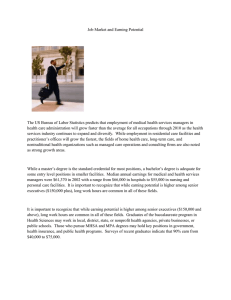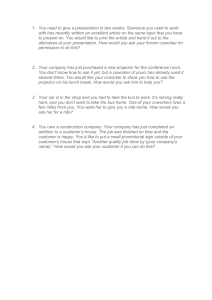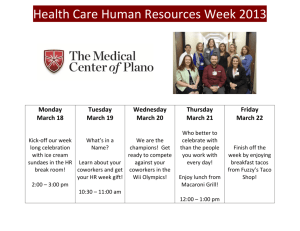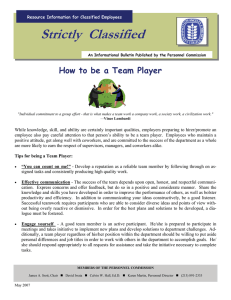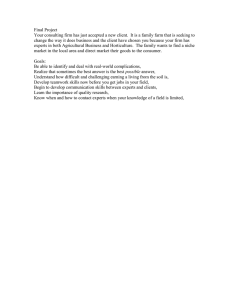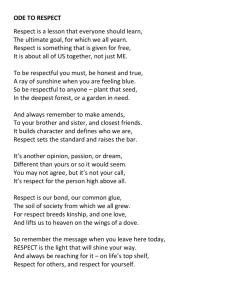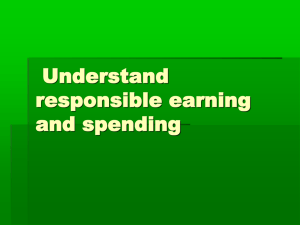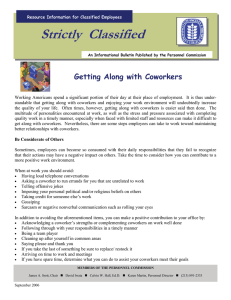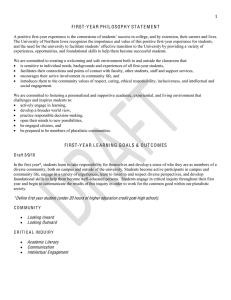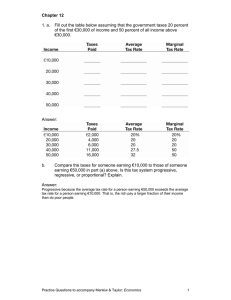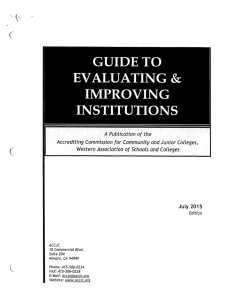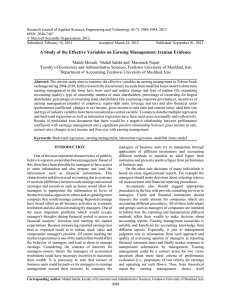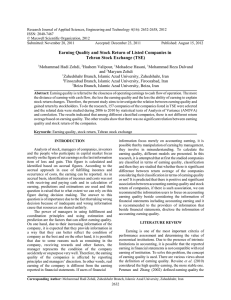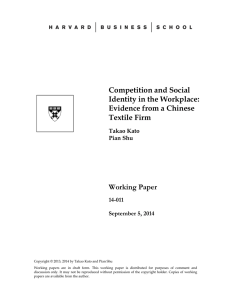Strictly Classified Earning Respect at Work
advertisement
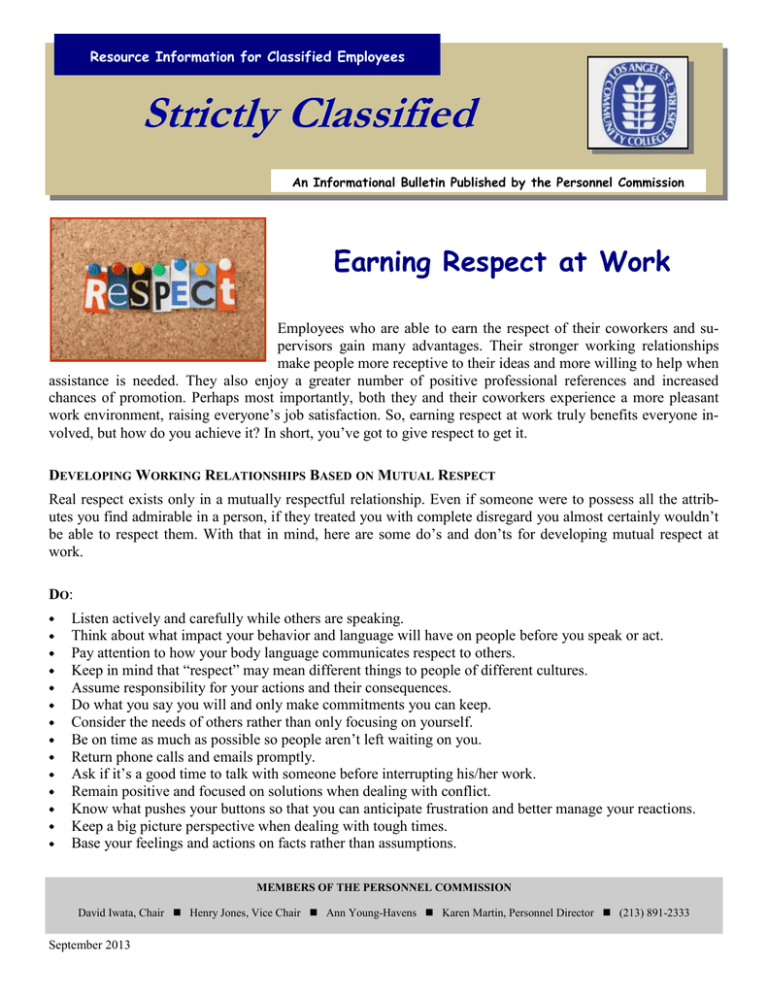
Resource Information for Classified Employees Strictly Classified An Informational Bulletin Published by the Personnel Commission Earning Respect at Work Employees who are able to earn the respect of their coworkers and supervisors gain many advantages. Their stronger working relationships make people more receptive to their ideas and more willing to help when assistance is needed. They also enjoy a greater number of positive professional references and increased chances of promotion. Perhaps most importantly, both they and their coworkers experience a more pleasant work environment, raising everyone’s job satisfaction. So, earning respect at work truly benefits everyone involved, but how do you achieve it? In short, you’ve got to give respect to get it. DEVELOPING WORKING RELATIONSHIPS BASED ON MUTUAL RESPECT Real respect exists only in a mutually respectful relationship. Even if someone were to possess all the attributes you find admirable in a person, if they treated you with complete disregard you almost certainly wouldn’t be able to respect them. With that in mind, here are some do’s and don’ts for developing mutual respect at work. DO: Listen actively and carefully while others are speaking. Think about what impact your behavior and language will have on people before you speak or act. Pay attention to how your body language communicates respect to others. Keep in mind that “respect” may mean different things to people of different cultures. Assume responsibility for your actions and their consequences. Do what you say you will and only make commitments you can keep. Consider the needs of others rather than only focusing on yourself. Be on time as much as possible so people aren’t left waiting on you. Return phone calls and emails promptly. Ask if it’s a good time to talk with someone before interrupting his/her work. Remain positive and focused on solutions when dealing with conflict. Know what pushes your buttons so that you can anticipate frustration and better manage your reactions. Keep a big picture perspective when dealing with tough times. Base your feelings and actions on facts rather than assumptions. MEMBERS OF THE PERSONNEL COMMISSION David Iwata, Chair Henry Jones, Vice Chair Ann Young-Havens Karen Martin, Personnel Director (213) 891-2333 September 2013 DON’T: Shift blame to others. Complain excessively. Neglect to pull your weight. Take credit for the work of others. Leave a mess in common areas. Make offensive jokes or remarks. Mistake informality for rudeness. Be condescending. Send unwanted email. Resort to yelling. Show up late or unprepared. Play with your cell phone during meetings. Think you’re too busy or in too much of a hurry to be polite. When faced with busy schedules and demanding deadlines at work, it gets easier for us to slip and unintentionally treat others with a lack of courtesy. While you don’t have to be friends with every coworker, you do have the responsibility to act professionally and to treat each and every person you work with in a respectful manner. Extending respect to others at work is necessary for earning their respect in return. We’d like to hear from you! Please visit the following survey link to provide us with valuable feedback on our bulletins: http://www.surveymonkey.com/s/3VF37S6

